Overview
Obesity is a significant health concern for cats and can lead to a range of serious health problems. Excess weight puts extra strain on a cat’s joints, heart, and organs, potentially reducing their quality of life and lifespan. Understanding and managing feline obesity is crucial for ensuring your cat’s well-being.
Causes
- Overfeeding: Excessive calorie intake is the primary cause of obesity. Cats often gain weight from consuming more food than they expend through activity.
- Lack of Exercise: Indoor cats or those with limited physical activity are at a higher risk of becoming overweight.
- Genetics: Some cats may be predisposed to obesity due to their genetic makeup.
- Medical Conditions: Certain health issues, such as hypothyroidism or diabetes, can contribute to weight gain.
Health Risks
- Diabetes Mellitus: Obese cats are at a higher risk of developing diabetes, a condition that affects insulin regulation.
- Arthritis: Extra weight can exacerbate joint pain and lead to arthritis, affecting mobility and quality of life.
- Heart Disease: Obesity can contribute to cardiovascular problems, including heart disease and high blood pressure.
- Liver Disease: Fat accumulation in the liver, known as hepatic lipidosis, is a serious condition often associated with obesity.
- Reduced Life Expectancy: Obesity can significantly shorten a cat’s lifespan by increasing the risk of chronic diseases.
Prevention and Management
- Balanced Diet: Feed your cat a high-quality, balanced diet appropriate for their age, size, and health status. Consult your veterinarian for guidance on portion sizes and suitable food options.
- Regular Exercise: Encourage physical activity through interactive play and environmental enrichment. Toys, climbing structures, and regular play sessions can help maintain a healthy weight.
- Routine Vet Visits: Regular check-ups with your veterinarian can help monitor your cat’s weight and overall health. Your vet can provide tailored advice and adjust feeding plans as necessary.
- Weight Management Programs: If your cat is already overweight, a structured weight management program may be necessary. Your vet can design a safe and effective weight loss plan.
When to Seek Help
If you notice signs of weight gain or obesity in your cat, such as a visible increase in size or difficulty in movement, consult with your veterinarian. Early intervention is key to managing obesity and preventing related health issues.
Contact Us
For more information or to discuss your cat’s health, contact Mission Veterinary Clinic at 818-363-8143. We are located at 16915 San Fernando Mission Blvd, Granada Hills, CA 91344. Please note that we operate on a walk-in basis and do not take appointments.
For additional resources and information, visit our website at missionvet.com.
Mission Veterinary Clinic
Your trusted urgent care facility for pets in the San Fernando Valley.
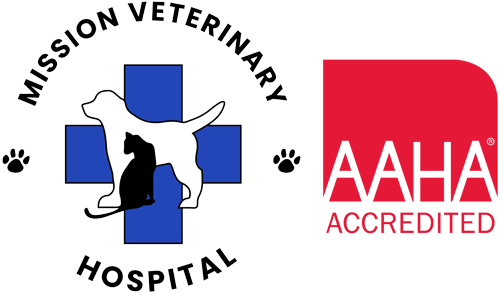
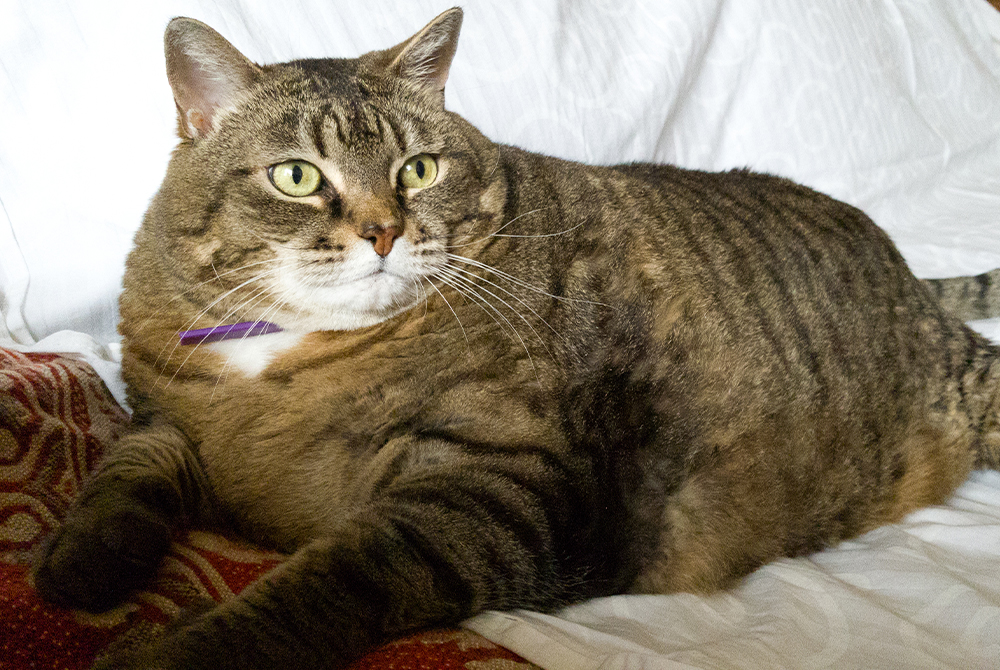
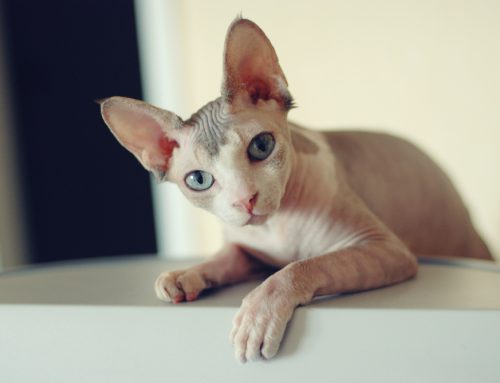

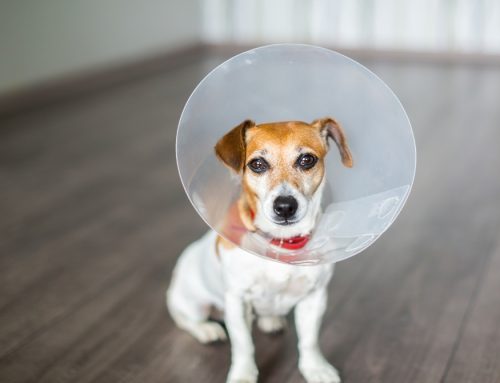
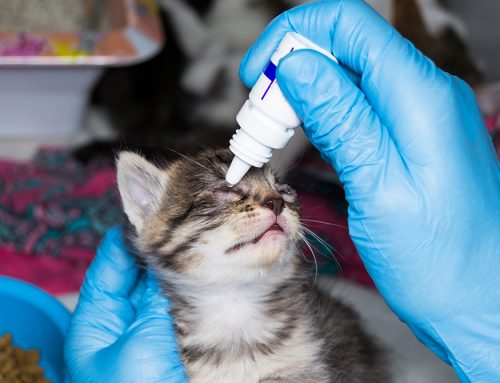




Leave A Comment